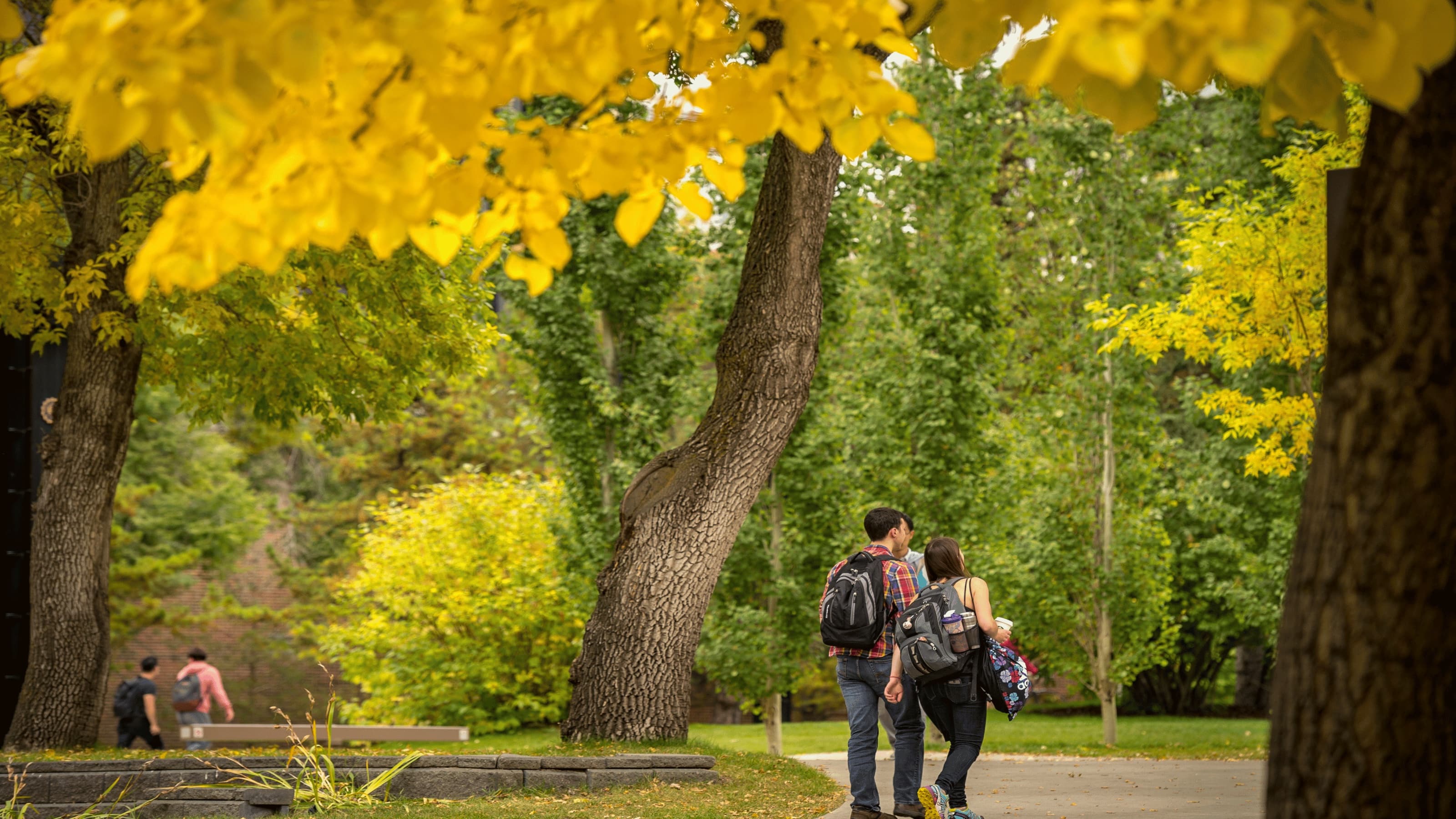Events in the Middle East are having far-reaching and various impacts on students, faculty and staff, as well as our broader city and post-secondary communities. The violence occurring in Palestine and Israel is sparking discussion not only in the media, but also in classrooms.
Heightened attention on crises, war or conflict situations can produce a sense of anxiety, fear, discomfort and grief. For some individuals, recent violence in the Middle East has led to concerns about experiencing hostility towards people who are - or are perceived as - Palestinian, Israeli, Jewish, and/or Muslim. All of these experiences are valid. They shape who we are and affect how we work, teach and learn.
There is no place for discrimination or hate on our campuses. But navigating discussions and conversations around politically or personally charged situations can be challenging. The Centre for Teaching and Learning has developed a resource for instructors to support inclusive classroom environments during times of geopolitical conflict and crisis; this resource may be helpful to all campus members looking to engage respectfully.
Some suggestions include:
- Design anonymous opportunities for students to check in with you about their current mood, energy, and capacity, and adjust your teaching plans accordingly.
- Structure conversations to support equity of voice in the classroom.
- Review principles of Trauma-Informed Pedagogies and strive to practice Trauma-informed teaching, meaning that the educator – discussions, materials, activities, etc. inside and outside of the classroom – acknowledges the existence of trauma (and its many manifestations) and does not cause further harm.
- Acknowledge the ongoing crisis succinctly and compassionately and offer on-and off-campus supports.
- Use a prepared and practiced response for disruptive moments if you are concerned that you will not know how to respond to discriminatory or hateful remarks, should they arise.
- Take a content pause, and invite the class to pause with you (e.g., reflection, time to breathe, opportunities to work on assignments).
Visit the Teaching Toolkit: Teaching During a Global and Geopolitical Crisis
We encourage each of you to set aside time this week, even just 15 minutes, to review the full resource — the advice provided can be helpful and applied to a number of different situations, both professionally and personally. Remember: you do not need to address the conflict nor the histories of Israel and Palestine to show care, compassion, and consideration for students or colleagues.
Our offices are also developing additional resources and learning opportunities in collaboration with the Centre for Teaching and Learning and the Vice-Provost Learning Initiatives, Human Resources, Health, Safety and Environment, and with experts and knowledge holders across campus.
Most importantly, we invite all members of the U of A community to listen to one another with curiosity, pause to learn respectfully about differences, and come together with compassion. By taking these actions we are demonstrating our community-wide commitment to fostering academic environments that are welcoming and respectful, affirmative of diverse identities and backgrounds, and psychologically and culturally safe.
Dr. Ravina Sanghera
Vice-Provost and Dean of Students
Dr. Carrie Smith
Vice-Provost (Equity, Diversity and Inclusion)
U of A community members do not have to navigate difficult situations by themselves. The university has resources available to support the health, safety and well-being of students, staff and faculty members affected by war, conflict and crisis.
